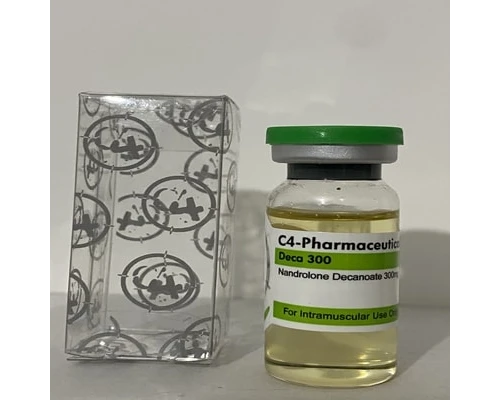When it comes to bodybuilding, many individuals turn to anabolic steroids to enhance their muscle growth and increase overall performance. One such steroid commonly used is NPP (Nandrolone Phenylpropionate), known for its effectiveness in bulking cycles. However, it is essential to understand how NPP steroid affects testosterone levels in the body.
What is NPP Steroid?
Nandrolone Phenylpropionate, commonly referred to as NPP, is a popular anabolic steroid derived from testosterone. It is known for its strong anabolic properties, making it an excellent choice for bodybuilders and athletes looking to gain muscle mass and strength.
Effects of NPP Steroid on Testosterone Levels
Like other anabolic steroids, NPP can impact testosterone levels in the body. It suppresses the natural production of testosterone, leading to a decline in overall testosterone levels. This suppression occurs due to the negative feedback loop that these steroids create, leading to a disruption in the body’s hormonal balance.
Studies have shown that the impact of NPP steroid on testosterone levels varies depending on dosage, cycle duration, and individual genetics. High doses and prolonged usage of NPP can lead to more significant suppression of testosterone levels.
Side Effects of Decreased Testosterone Levels
Low testosterone levels can have several negative effects on the body. These may include:
- Decreased muscle mass and strength
- Reduced libido and sexual performance
- Mood swings and decreased sense of well-being
- Increased body fat accumulation
- Decreased bone density
- Difficulty in recovery and muscle repair
It is crucial to understand that these side effects will vary from person to person, depending on factors like genetic predisposition and the duration and dosage of NPP steroid usage.
Managing Testosterone Levels While Using NPP Steroid
While NPP steroid may suppress testosterone levels, some steps can be taken to manage this impact:
1. Post Cycle Therapy (PCT)
Implementing a proper post cycle therapy after NPP steroid usage is crucial. PCT helps to restore and normalize hormone levels, mainly testosterone, by using compounds like SERMs (Selective Estrogen Receptor Modulators) and aromatase inhibitors.
2. Testosterone Replacement Therapy (TRT)
In severe cases where testosterone levels do not recover naturally, considering TRT might be necessary. TRT involves administering synthetic testosterone to restore adequate hormonal balance in the body.
3. Blood Work Monitoring
Regular blood work monitoring is essential to assess hormone levels while using NPP steroid. This helps in identifying any negative impact on testosterone levels and allows adjustments to be made accordingly.
4. Balanced Diet and Lifestyle
A balanced diet rich in nutrients, along with regular exercise, can contribute to maintaining optimal testosterone levels. Adequate sleep, stress management, and avoiding excessive alcohol consumption also play a vital role in overall hormonal health.
Conclusion
The use of NPP steroid can have an impact on testosterone levels in the body, leading to a suppression of natural testosterone production. This can result in various side effects such as decreased muscle mass, reduced libido, and mood swings. However, with proper management techniques like PCT, TRT, blood work monitoring, and a healthy lifestyle, the impact on testosterone levels can be minimized. It is important to prioritize hormonal health and consider the potential consequences before incorporating NPP steroid into a fitness regimen.




